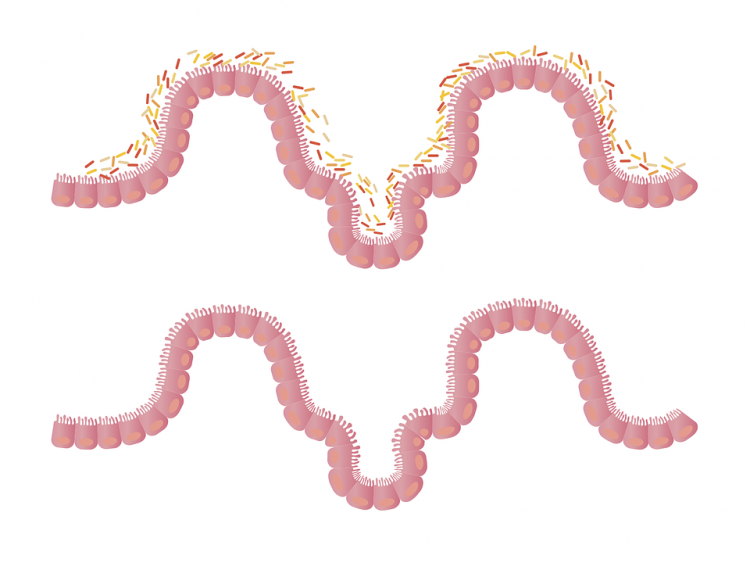Gut microbiome, also known as gut flora, is the complex community of microorganisms living in the digestive tracts of humans and other animals. They've become one of the most popular topics in medical research for the past years. One particular study suggests they can affect the mental health. But, how can they actually affect and influence our mental health?
A new study, which was published in the Nature Microbiology journal, could shed some light on how gut bacteria can affect our mental health. Researchers from Belgium conducted the study and they recruited over 1,000 participants so they can analyze and study their gut microbiome.
In a survey that's meant to assess their quality of life, 173 of them were diagnosed with depression or fared poorly. Researchers found that this group had lower than average levels of two kinds of microbes - Dialister and Coprococcus - than other healthy participants. The levels were low regardless of whether the patients took antidepressants or not. Researchers also found depressed people had an increase in bacteria implicated in Crohn disease.
The exact influence of the microorganisms to the brain is yet to be understood. But, the vagus nerve is a possible channel as it serves a link between the brain and the gastrointestinal tract. In addition, Coprococcus likely have a pathway associated with dopamine - a key brain signal involved in depression - but there's no evidence how this might protect against depression.
Jeroen Raes, a microbiologist at the Catholic University of Leuven in Belgium and the lead author of the study, said this is the first time a study was conducted in such a large scale in humans since previous studies were only done in animal models.
While the association is very strong, further research is needed to prove gut bacteria alone can influence the mental health. The study also focused strictly on Belgians, thus, it should be conducted in a more diverse group to confirm the findings.
If future studies are able to establish causality, Raes said this can possibly pave the way for treatments in depression. He believed resolving the microbiome-brain relationship could lead to novel therapies. Some companies and physicians are already exploring typical probiotics for depression, though they don't include the missing gut microbes found in the new study.
And while it's still uncertain, the finding suggests we should not underestimate the impact of gut bacteria to out mental health. Therefore, we should opt for plant-based foods in our diet, as well as consuming enough fibers.






